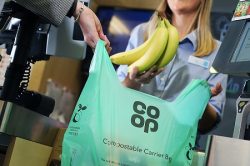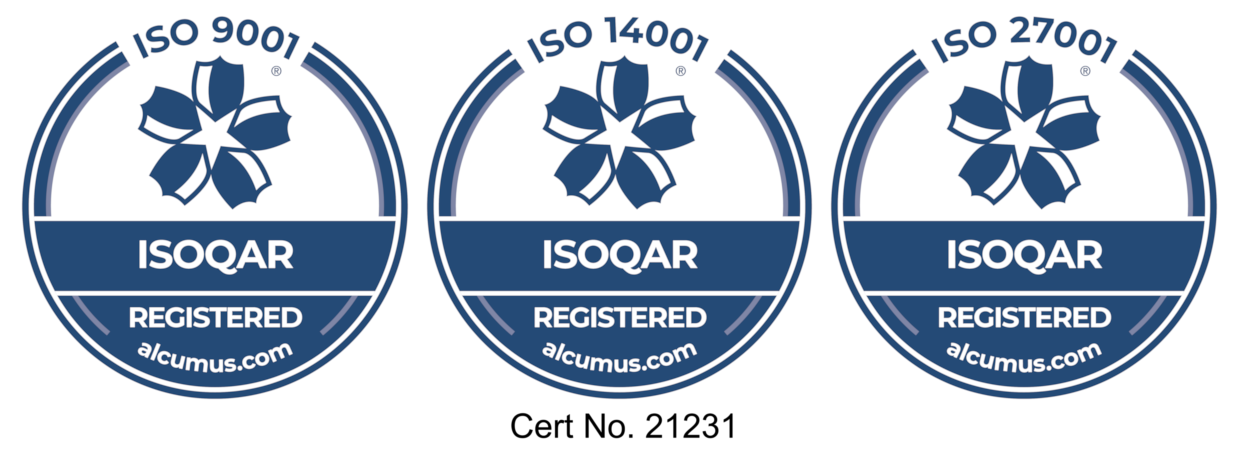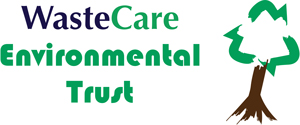A number of retailers have launched initiatives to help tackle the issues surrounding single-use plastics, which includes carrier bags made from recyclable materials.
 National retailer, Co-op, has started rolling out compostable carrier bags to over 1,000 of its food stores which are also accepted in household food waste collections by the local authority.
National retailer, Co-op, has started rolling out compostable carrier bags to over 1,000 of its food stores which are also accepted in household food waste collections by the local authority.
Alternatively, the 5p bags can be used as food waste caddy liners, “turned into compost along with the household food waste and are approved for home composting,” according to the retailer.
Commenting on Co-op’s initiative, Marcus Gover, chief executive at resources charity WRAP, said: “We absolutely need to explore innovative ways of tackling plastic pollution, but there is a balance to ensure initiatives are well thought through and avoid unintended consequences.”
He added: “I’m pleased to see this reflected in the Co-op’s approach to its compostable carrier bag initiative by carefully designing an approach that aligns with existing local collection systems.”
Meanwhile, Marks & Spencer is in the process of launching a re-usable “eco shopping” version, with the objective of reducing land waste and ocean pollutants among people living in Haiti and the Philippines. The “eco-shopping” model comprises 75% “Social Plastic,” which is plastic waste collected and recycled by Plastic Bank – a social enterprise whose overall goal is to prevent further waste from entering oceans.
Plastic Bank, explained M&S, “incentivises people in Haiti and the Philippines – two areas highly polluted with plastic – to collect waste and take it to one of 36 recycling centres in return for a wage.
“Collectors can alternatively exchange waste plastic for blockchain digital tokens that can be used to buy essential goods such as food, water, cook stoves and fuel.” A third scheme was announced last month (November) by high street retailer, Peacocks, who started rolling out “completely bio degradable bags,” to customers from November.





